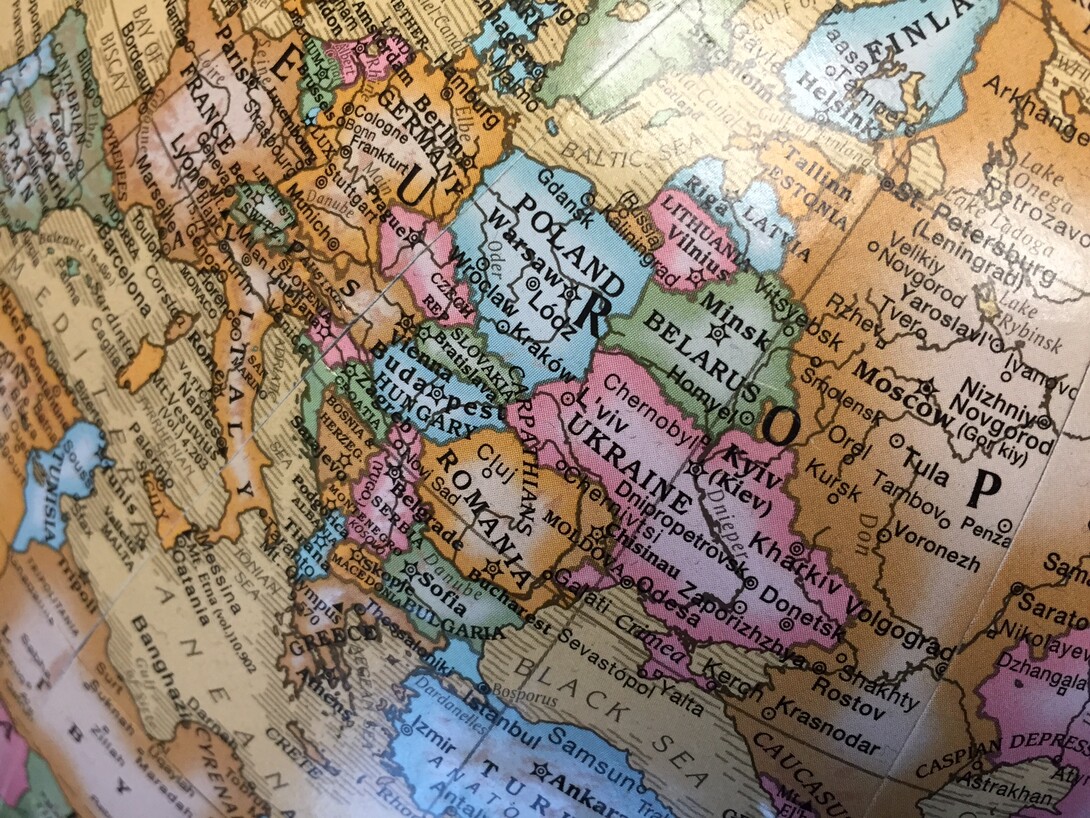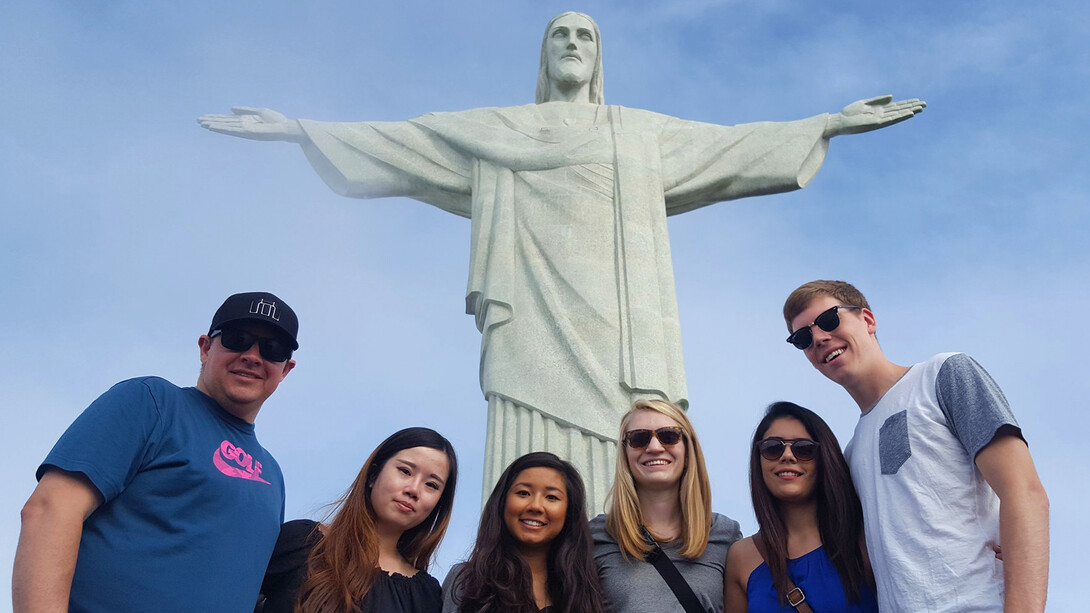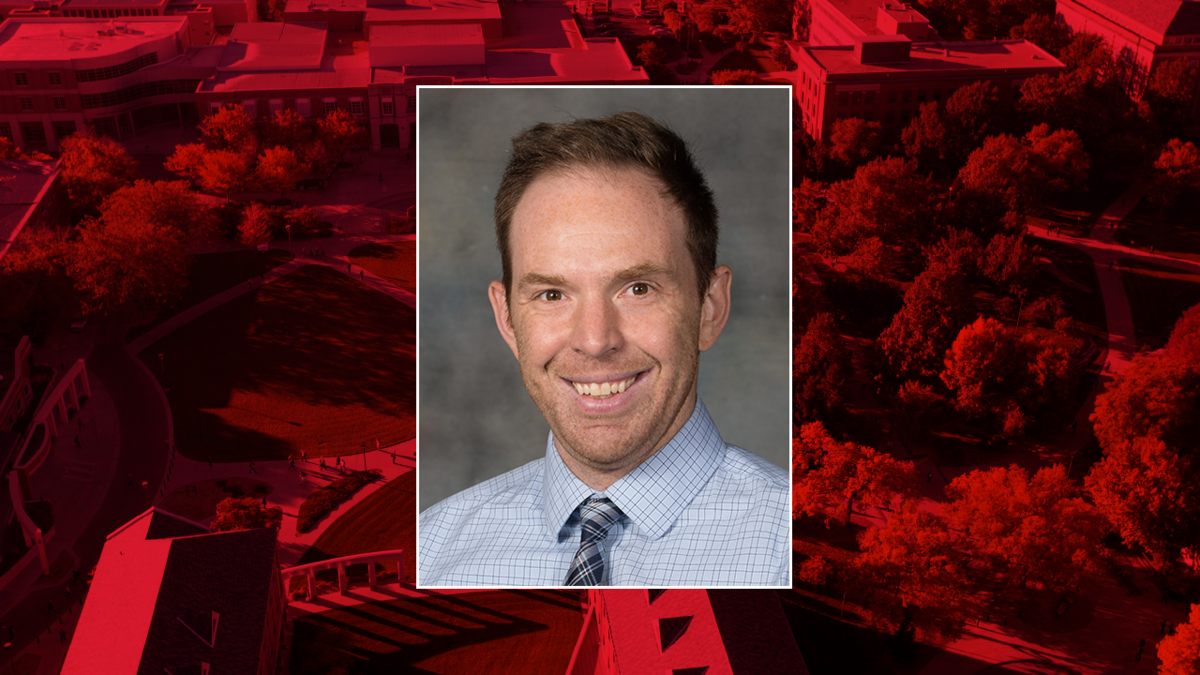
A University of Nebraska-Lincoln initiative is allowing a record number of students to explore the world.
Since restructuring oversight of international study, research, service-learning and internships in 2011, the university has seen a significant increase in the total number of its students taking part in college-related, overseas experiences, reaching all-time institutional highs in academic years 2014-15 and 2015-16.
“Since starting our upward trajectory in academic year 2013-14, we’ve had annual increases between 12 and 20 percent in the number of students taking part in Education Abroad opportunities,” said Rebecca Baskerville, director of the Education Abroad Office. “Restructuring the way the university manages these experiences and offering more scholarship funding helped encourage growth. But another key reason for the increase has been the investment and involvement by colleges and units across the university.”
In the last four years, the total number of students participating in Education Abroad programs has grown about 65 percent, from 620 in academic year 2012-13 to 1,025 in 2015-16. During that same span, faculty-led Education Abroad programs at Nebraska have increased by 52 percent (27 to 41), while the number of faculty and staff leading these programs has grown by 70 percent (37 to 63).
Growth has been so much stronger than anticipated that Nebraska has twice increased its commitment to a five-year national campaign designed to double the number of U.S. students participating in for-credit and non-credit Education Abroad programs. VIDEO: Students explore the world in record numbers
“We joined the Generation Study Abroad initiative in spring 2014 and conservatively said we would increase our numbers by 20 percent by 2017-18,” Baskerville said. “We met that within the first year. Now, we’ve likely surpassed our second goal of 40 percent, so we’ve revised that goal yet again to 75 percent.”
The uptick in Education Abroad numbers from the university was recently recognized during the annual NAFSA conference, at a regional reception hosted by the Institute of International Education — the group that launched the Generation Study Abroad initiative. Tom Farrell, senior adviser to the chancellor on international affairs, accepted the honor.
Led by Academic Affairs, the university’s international study restructuring included reorganizing and rebranding existing campus resources, making strategic hires, launching an online system to track study abroad opportunities, moving international agreements online and partnering with campus departments and units.
The rebranding changed the name of the Study Abroad program to Education Abroad. It included new websites (including http://educationabroad.unl.edu and http://international.unl.edu) to help students learn about international opportunities and resources. The rebranding also featured an online system that allows students to see what international programs exist and to submit and track progress of study abroad applications.
At that same time, the Institute for Agriculture and Natural Resources, College of Arts and Sciences, College of Agricultural Sciences and Natural Resources, College of Education and Human Sciences and University Housing named staffers or made new hires to oversee global engagement.
Baskerville said UNL has also worked to establish scholarships to help students defray study abroad expenses. In the last year alone, the university has used funds from a new contract with Union Bank to create three new scholarships and sustain two others.
The new funds include an innovative Early Abroad Scholarship, designed to get students to pursue overseas experiences within their first two years on campus.
“Motivating students to study abroad in their first two years on campus is a new way of thinking in higher education,” Baskerville said. “The Early Abroad Scholarship is a unique opportunity offered to students. It was featured in a report by the Institute of International Education in October and on the GSA website.”
Additional study abroad funding is offered to students through individual colleges, University of Nebraska central administration and Husker Athletics.
Baskerville said central administration offered $25,000 in education abroad scholarship/fellowship funding in 2016 and will increase that total to $35,000 in 2017. Husker Athletics has started to offer its graduates $7,500 for Education Abroad study trips and internships through a new post-eligibility opportunities program. The concept was recently featured in a USA Today story.
Colleges are also starting to think outside the box in terms of study abroad opportunities, placing more emphasis on experiential and career-oriented learning. For instance, during spring break 2016, the College of Business Administration and College of Engineering sent 13 students to help Uganda’s Kinawataka Women Initiatives, an operation that turns drinking straws into products like small bags, mats and jewelry. The business students developed a business plan to help accelerate the programs development, while the engineering students designed and built a machine that flattens the straws.
Baskerville said another unique study abroad concept is the PGA Golf Management in Scotland program. The idea, proposed by Brad Goetsch, instruction coordinator for the university’s PGA golf management program, attracted 11 male student participants when it was first offered in 2016.
“That is significant because, historically, study abroad draws more female than male students,” Baskerville said. “During the 2014-15 academic year, only 32 percent of our Education Abroad students were men. We are always looking for ways to draw more male students and the PGA course was successful in those terms.”
Other unique Education Abroad programs include:
An initiative started in 2015 that allows freshmen students from underrepresented backgrounds to study abroad for one week in a location “close to home.” The program introduces students to international travel and prepares them for future trips. Program destinations have been Montreal and Quebec City, Canada, in 2015 and Belize in 2016.
The Global Eyewitness program, which allows young photojournalists to capture images of the human condition around the world. Led by Bruce Thorson, associate professor in the College of Journalism and Mass Communications, the program started in 2008 and typically offers trips twice a year. Destinations have included Kosovo, South Africa, India, Kyrgyzstan, Brazil and Nepal.
Students in the College of Education and Human Sciences are applying skills learned in the classroom to real world settings this summer. In Leon, Nicaragua, students are participating in the humanitarian audiology program, helping to assess hearing needs and build hearing aids as needed. While in Heredia, Costa Rica, students are developing an accent modification program for customer service personnel or other employees as identified by Fiserv.
John Carroll, director of the School of Natural Resources, is offering a wildlife Education Abroad program in Botswana. He started the program at the University of Georgia and brought it to Nebraska in 2014. The program has grown from five students participating in 2014 to 14 in 2016. Four students are repeat participants and are building careers on the research experiences offered through the Botswana program.
“Investments made across the university and the increase in faculty/staff participation are allowing UNL to offer an increasing number of unique and scholarly Education Abroad opportunities to our students,” Baskerville said. “As more students go abroad, their enthusiasm about these transformative experiences is contagious. The stories they tell build momentum for even higher levels of interest and participation as their peers view education abroad as both valuable and attainable.”









